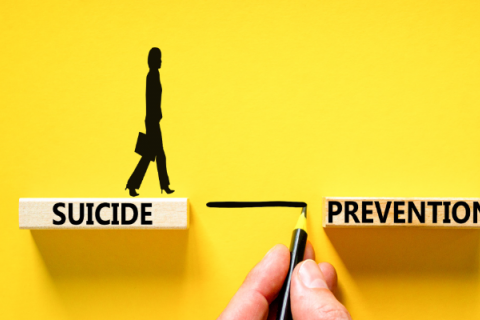
Get Help Now: Tricare Covers Your Path to Recovery!
April 23, 2024
Tricare & Substance Abuse Treatment Tricare offers coverage for substance abuse treatment, including detoxificati…

Nashville Suicide Prevention Resources
May 31, 2023
Suicide is claiming the lives of people in Tennessee at an alarming rate. In 2021, 17% of deaths were attributed to …

Nashville Overdose Prevention Resources
May 31, 2023
Tennessee has become a hub of activity for the transport of drugs, which then makes it to other states. The most comm…

Nashville Substance Abuse Facts
December 12, 2022
Statistics About Substance Abuse In Nashville and Available Help for Addiction Like any other metropolitan area in th…